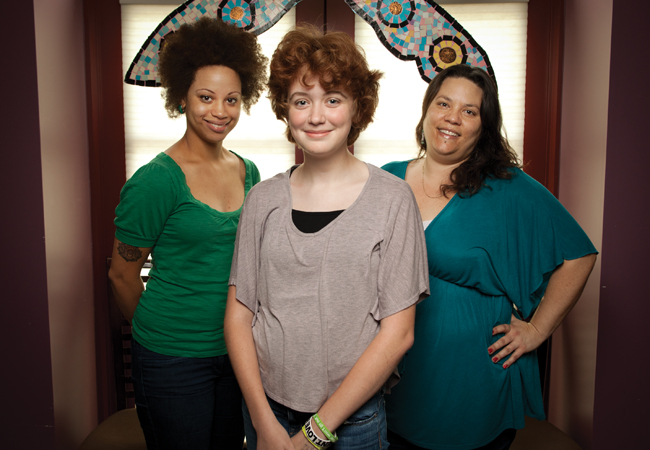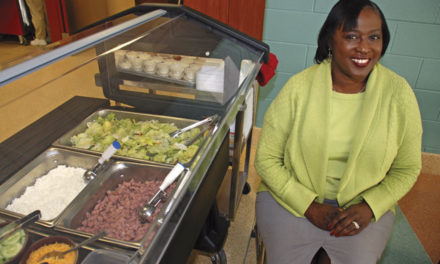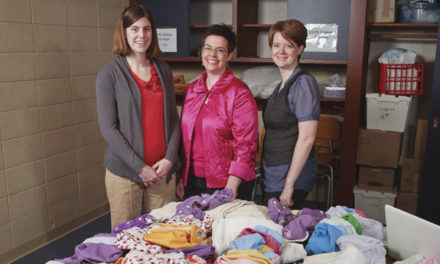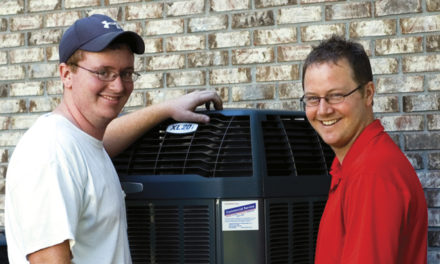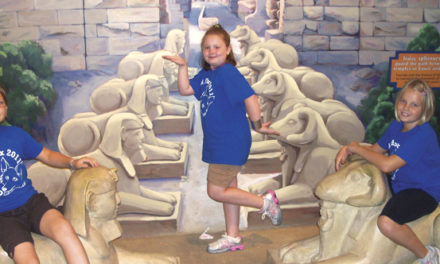BY ROSIE PIGA PIZZO
Young people are more likely to turn to their peers than to adults when faced with a problem or crisis, says Shani Robin, coordinator of Crisis Intervention Services at Middle Way House. To make sure there are peers around who can be helpful, Robin and a colleague created a program to train a select group of middle- and high-school students to become advocates about domestic violence issues.
Called the Youth Advocate Program, it was created with the help of Cierra Olivia Thomas-Williams, prevention programs coordinator at Middle Way House.
Explains Robin, “These students have gone through about eighty hours of training that covers interpersonal partner violence, bullying, bystander intervention, sexual assault, rape, child molestation, pedophilia, perpetrator dynamics, and power-control behavior. My goal is to have my youth advocates even sharper than our adult volunteers.”
Since January, 15 youth advocates have been providing their services to the schools they attend, including all middle and high schools in the Monroe County Community School Corporation, as well as Harmony School. Youth advocates are made known to school staff so that students know to whom they can talk about these issues.
“Because peers go to peers about violence, this is our way to empower youth voices: make them the leaders,” Robin says. “And from what I see, word is out.”
In one situation, a student confessed to an advocate about violence at home. The advocate “provided resources, gave a listening ear, filled out a log,” Robin says. “He did all those things that adults at Middle Way House would do if faced with the same situation.”
The idea for the program began with a conversation in late 2011 between Robin and Thomas-Williams. “Knowing what the research tells us,” Robin recalls, “we thought, ‘Wouldn’t it be awesome to have these youth advocates?’” Thomas-Williams applied for grants and secured funds for the program. They got to know interested students through the Building Healthy Relationships program already in place at the schools.
This summer, advocates will do team-building exercises and receive additional training. Says Robin, “We don’t expect our advocates to police behaviors but to increase consciousness around these issues and what can be done.”


